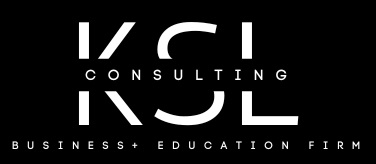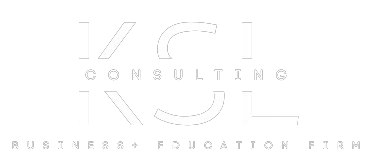In our achievement-oriented world, the pressure to juggle numerous tasks and responsibilities can be overwhelming. For leaders in early childhood education, this often translates into a constant balancing act between managing day-to-day operations, attending meetings, and addressing a myriad of needs. However, there is a powerful yet often overlooked strategy that can transform your effectiveness and elevate your program’s quality: the art of saying no.
The Power of Focus: Growing Deep, Not Just Wide
Saying no can be a profound tool for success. It is not about rejecting opportunities or shirking responsibilities but about creating space to excel in what truly matters. The goal is not to be a jack-of-all-trades but to master a few key areas. By focusing your efforts on fewer tasks, you allow yourself the opportunity to invest deeply in those areas and achieve exceptional results.
In early childhood education, this principle is especially relevant. It’s easy to get caught up in trying to meet every expectation and tackle every challenge, but spreading yourself too thin often leads to mediocrity. Instead, prioritizing and honing your expertise in a few critical areas can lead to outstanding outcomes and a more impactful program.
Practical Tips for Early Childhood Leaders
- Identify Core Priorities. Determine the core aspects of your program that are crucial to its success. This might include curriculum development, staff training, family engagement, or child assessment. By focusing on these priorities, you ensure that your efforts are directed towards what will have the greatest impact on your program’s quality.
- Set Boundaries. Establish clear boundaries around your time and energy. This means learning to say no to additional tasks or requests that do not align with your core priorities. Communicate these boundaries clearly with your team and stakeholders to manage expectations and maintain focus.
- Delegate and Empower. Delegate tasks that do not align with your core priorities to capable team members. Empower your staff to take ownership of these tasks, allowing you to concentrate on areas where your leadership and expertise will be most beneficial.
- Invest in Professional Development. Focus on developing deep expertise in areas that are central to your program’s success. This might involve attending specialized training, participating in industry conferences, or pursuing certifications. By investing in your professional growth, you enhance your ability to lead effectively and drive program excellence.
- Streamline Processes. Simplify and streamline processes within your program to increase efficiency. This might include refining administrative procedures, optimizing classroom management strategies, or improving communication systems. By reducing complexity, you free up time and resources to focus on your core priorities.
- Foster a Culture of Excellence. Encourage a culture of excellence within your team by modeling high standards and providing support for staff development. Create an environment where continuous improvement is valued, and where staff are motivated to contribute to the program’s success.
Embracing the art of saying no ultimately supports your growth and the growth of your program. It allows you to concentrate your efforts on what truly matters, leading to higher quality outcomes and a more effective program. By focusing on fewer, high-impact areas, you create a space for excellence to flourish.
Moreover, saying no helps prevent burnout and maintains your well-being. By setting boundaries and avoiding overcommitment, you protect your time and energy, enabling you to lead with clarity and passion. This approach not only benefits you but also positively impacts your team and the children you serve.
The art of saying no is a strategic approach that enables you to focus on what truly matters and achieve excellence in your early childhood education program. By prioritizing core areas, setting boundaries, delegating tasks, investing in your development, streamlining processes, and fostering a culture of excellence, you create a program that stands out for its quality and impact. Remember, saying no is not a limitation but a powerful tool for dedicating yourself to becoming truly exceptional in your field.







